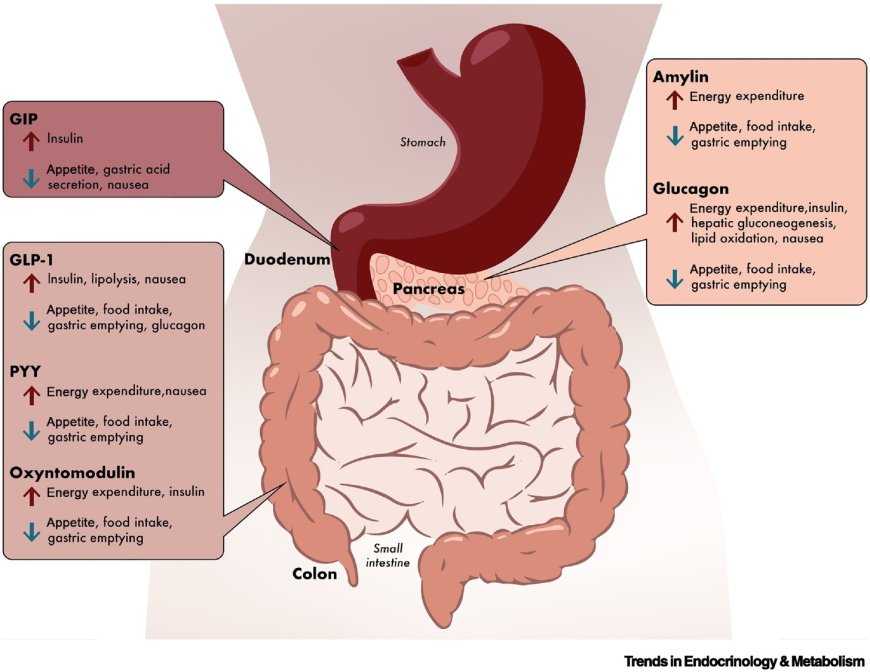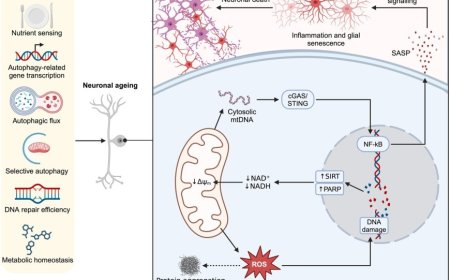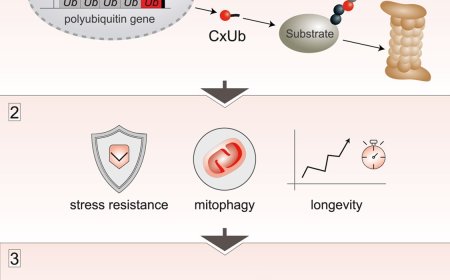Treating metabolic diseases with microbes containing peptides

Proteins and peptides derived from hormones hold huge potential for preventing and treating metabolic diseases.
Challenges in administering peptide based medicines include their short lived nature, poor bioavailability, and reliance on methods such as injection, which might discourage people from medication adherence.
Advanced microbiome therapeutics (AMTs) involving engineered microbes have emerged as a potential solution for in situ therapeutic production and delivery of peptides and proteins, supported by preclinical data in animal models of metabolic disorders, such as obesity, type 2 diabetes, and metabolic dysfunction-associated steatotic liver disease (MASLD).
Current challenges for AMT development include colonization control, safety, and biocontainment.
AMTs not only may address practical challenges but also may have socioeconomic impact by making therapeutic peptides more affordable.
The potential of AMTs could transform the treatment of metabolic disorders, offering more dynamic and personalized therapeutic approaches.
https://www.cell.com/trends/endocrinology-metabolism/fulltext/S1043-2760(24)00115-2












